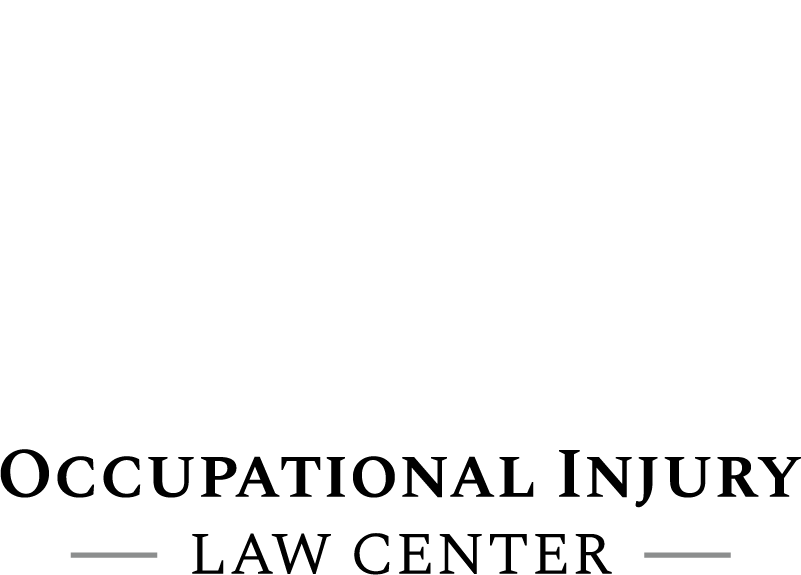Most employees understand that workers’ compensation is available to those injured on the job. California has prepared a series of guides recognizing that certain industries and situations often present specific hazards for employees in those fields; examples include health care, farming and construction. Claims involving accidents such as falls and cuts may be fairly straightforward.
However, workplace health issues are not limited to traumatic events. Repetitive use injuries and exposure to hazards can cause problems as well. If you believe you may have an illness related to your employment, you may need workers’ compensation to maintain financial stability as you receive treatment and recover from your physical ailments.
What is an occupational illness?
Occupational illnesses are those that occur or worsen due to workplace duties or conditions. For example, your job may entail cleaning a certain piece of machinery, and the chemicals in the cleaner may cause contact dermatitis. Or perhaps fumes at your workplace exacerbate your asthma. Prolonged or frequent exposure to loud noises may cause hearing loss to construction crews or machinery operators. Outdoor workers may experience ailments such as heat stroke or frostbite.
How can you avoid occupational illness?
Obviously you want to avoid the cause of the illness before matters become serious. In some cases, employees can use personal protective equipment (often provided by the employer) such as masks, gloves or earplugs. Sometimes employers reconfigure workstations to require less bending and twisting, or install equipment that will evacuate fumes and smoke. Once you have identified the cause of illness, avoid exposure to it as much as possible; be aware this may involve requesting a change of duties.
What if you acquire an occupational illness?
If you believe you have an occupational illness, the first step is receiving medical evaluation and care. You should proceed with treatment just as you would with any other illness. However, make sure you and your physician record data regarding the ailment and its potential causes. Such documented information may be vital to a successful workers’ compensation claim.

